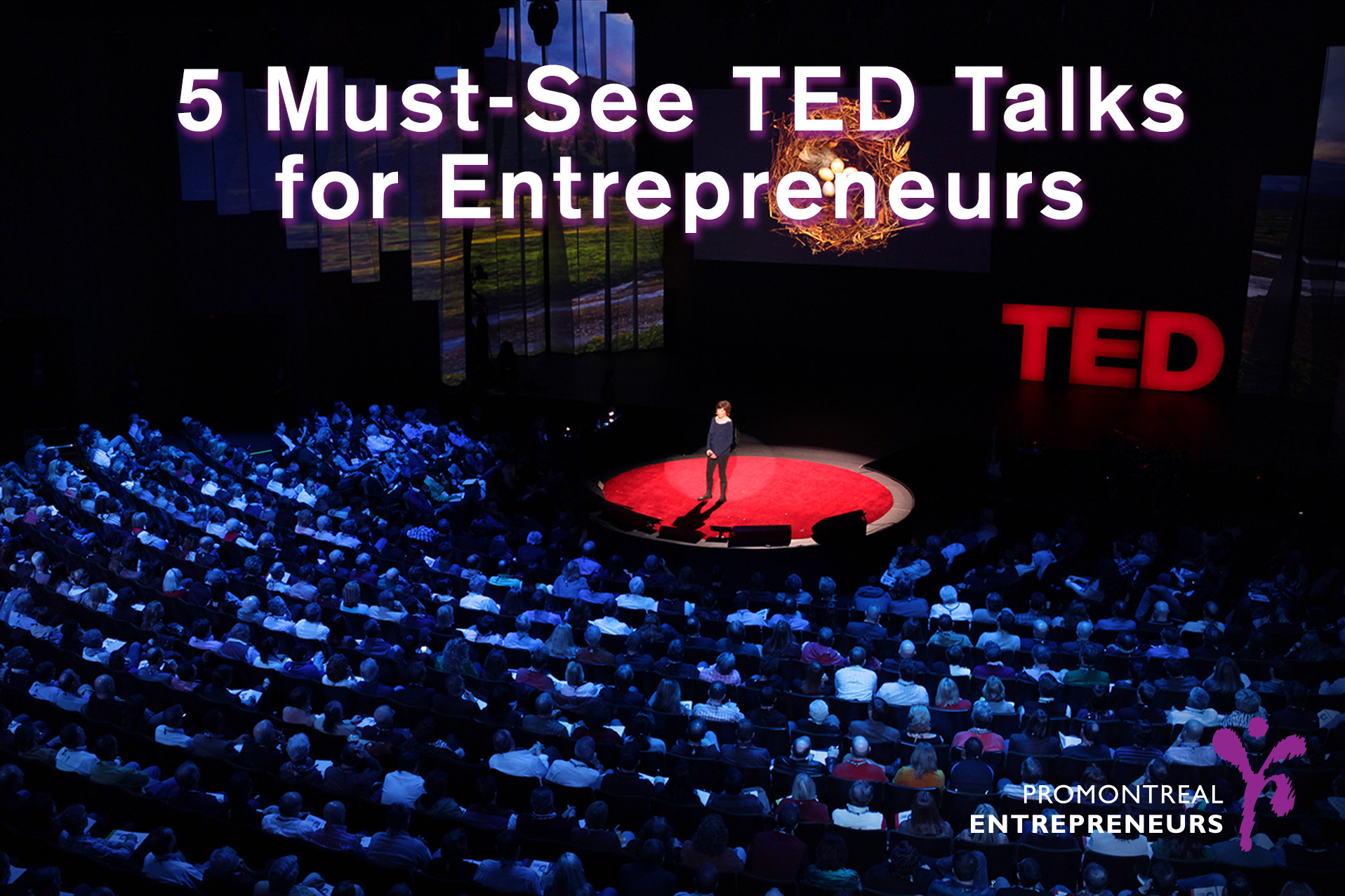
How to build trust with word-of-mouth content. Every consumer has the power to change opinions about your company for the better or worse. Their ability to spread the word about your brand may be a potent asset for your content marketing team if handled correctly. Below you will find, key information on how to build trust with word-of-mouth content.
Word-of-mouth advertising is not only significantly less expensive than paid techniques, but it also has a bigger potential for both immediate and long-term influence.
Businesses that leverage user-generated content from their customers and authentic reviews in their content marketing strategies enhance their own reputation while growing their client base.
Here are four strategies for including word-of-mouth advertising in your content:
1. Highlight pertinent user-generated content
User-generated content, when done right, can have an impact. Share social media mentions about your company. This is a simple technique to highlight the positive public perception of your company. However, don’t end there:
- Find content that highlights the products or services you offer. Find information that demonstrates how the customer may use or profit from your service or product. This content can be incredibly useful.
- Highlight customer success tales that feature your entire brand or your products/services. Customers who have publicly expressed their opinions should be contacted again to see if they would like to elaborate on their experiences. Make them the focus of the narrative; let them take the reins so your brand won’t have to.
TIP: Word-of-mouth advertising does not need to rely solely on in-depth reviews. Even a picture with a brief, encouraging text can be effective.
2. Have dialogues in the present.
Even when a customer’s social media post is about customer service rather than marketing, your content marketing team should still pay attention to it. By participating in the here and now, you may increase the impact of client feedback. Not to mention that when you can resolve or clarify an issue, responsiveness can rapidly transform a negative into a positive.
Consider the following tactics to engage clients in conversation:
- Keep an eye on mentions in real time so you can jump into the conversation as it’s happening. This will allow you to intervene if you want to put an end to it or continue the topic.
- Incorporate yourself into the conversation with consideration. Engage the customer authentically rather than trying to control the discussion, whether they are asking for assistance, asking a question, showcasing your product, or sharing a positive experience. Answer the query, offer advice, express gratitude, and mention why you also adore the product. You might be able to provide information about a brand-new good or service if the possibility is genuine.
- Speak in personable, not corporate, tones. Brands that appear more human in real-time interactions with customers perform better than corporate ones. It is not appropriate to promote your brand during these chats. These are the chances to display your character, brand values, and dedication to your customers.
3. Create narratives based on consumer feedback
Because of exceptional (or subpar) customer service, people are motivated to submit reviews, and many consumers won’t make a purchase without first reading reviews. Hence, use those excellent client testimonials you currently have. With the customer’s consent, utilize them in your content.
- Track down the testimonials that most truly reflect your company’s image and its offerings, then create tales around them. Promote on your blog, in your newsletter, and on social media.
- Look for a client who had a particular issue or requirement that your business was able to address. Share any behind-the-scenes effort that was done to resolve the difficulty to provide context for the review.
- Create graphic postings for social media using notable customer quotes.
- Combine reviews that are alike and create a single narrative that exemplifies your business’s reliability.
4. Produce and distribute video reviews
You should consider including customer videos in your content marketing plan. They can act as a due diligence source for prospective customers, just like other types of word-of-mouth content. When done correctly, personal narratives convey how potential clients can envision themselves or their issues being resolved. These videos can be utilized in a variety of ways:
- Display comprehensive video testimonials on your business’s website. They can be used independently or as a supplement to a longer case study.
- Post soundbites from the video that have been expertly edited and demonstrate how your brand lives up to expectations on social media.
- Grow your YouTube following. This material may then be used to improve your search engine optimization and Google My Business profile.
- Develop a series of thematic blog posts based on the information in these films.
Word-of-mouth marketing is one of the most effective content marketing methods. Your customer base is likely to increase when your consumers do the talking, publishing, and sharing. The trick on how to build trust with word-of-mouth content is to successfully organize, combine, and repackage user-generated content in order to get greater outcomes for your company.


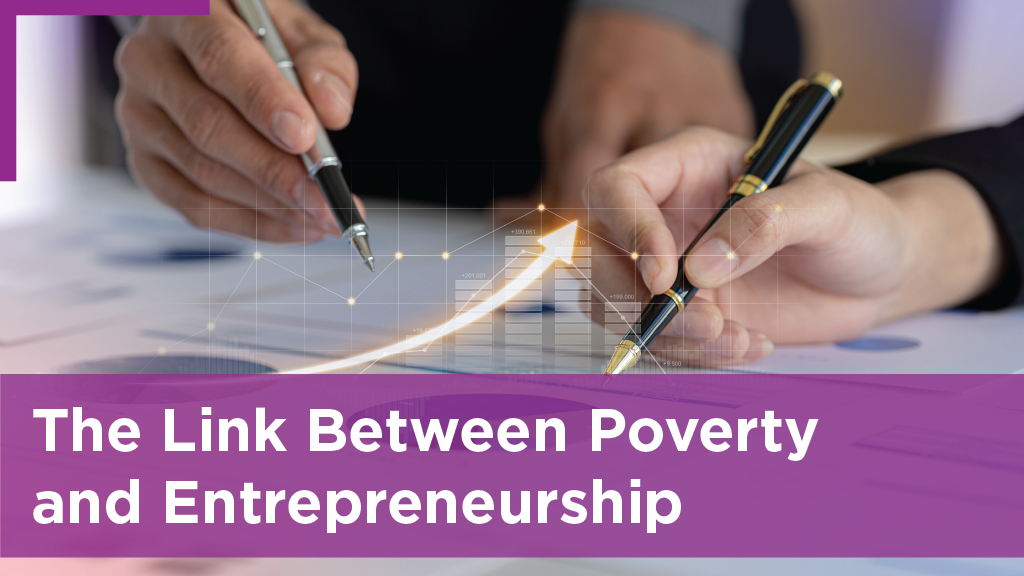
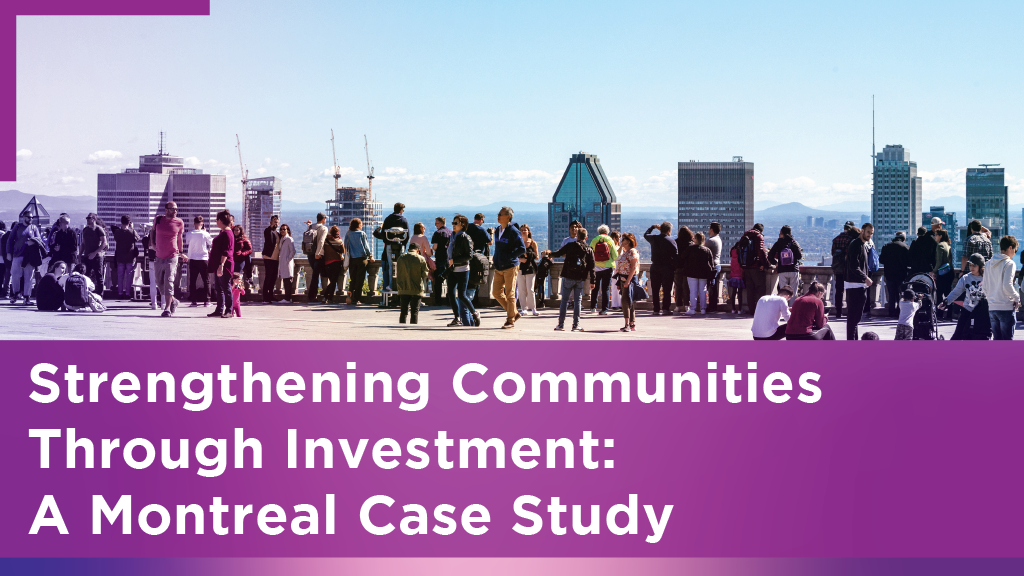
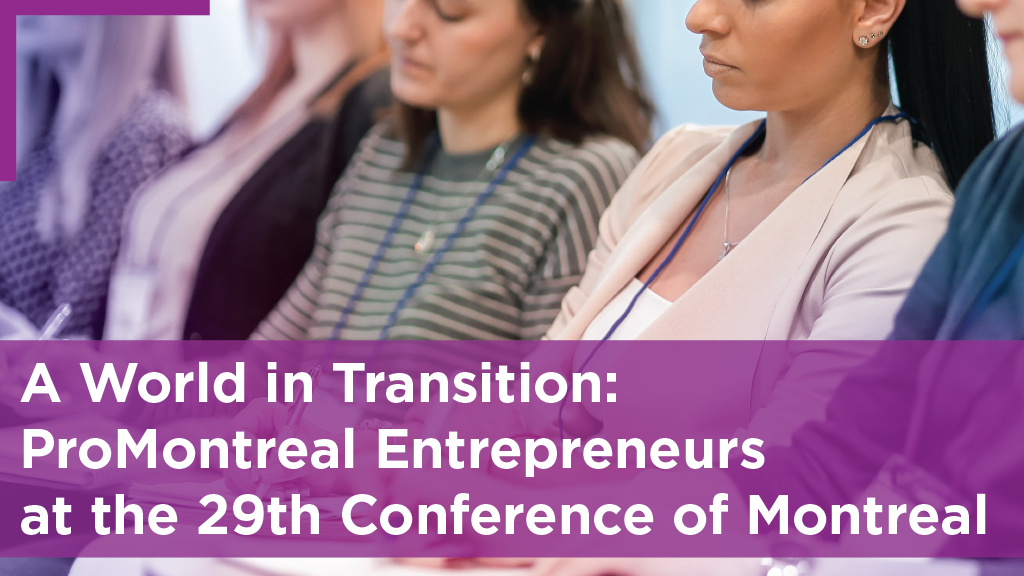
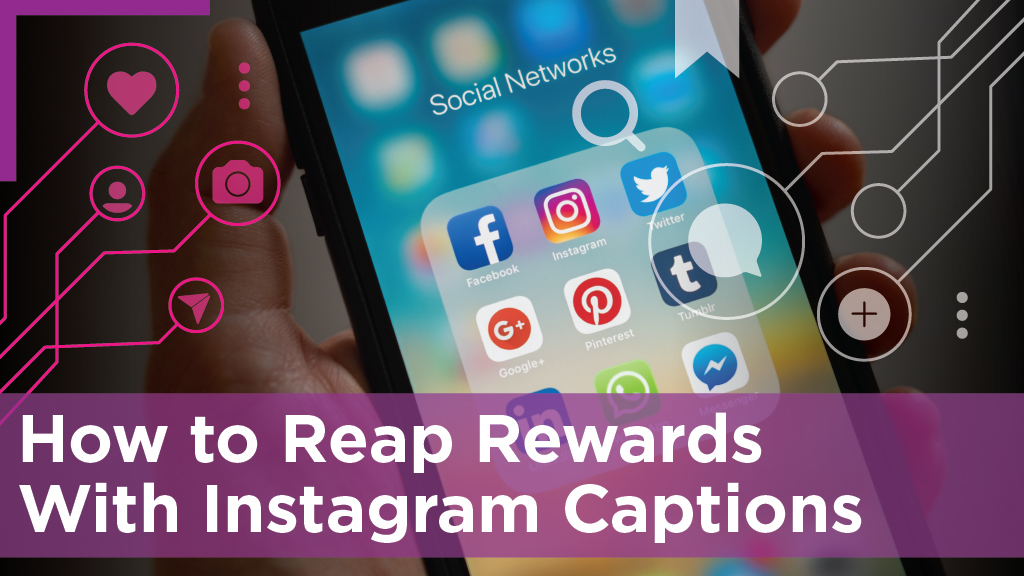
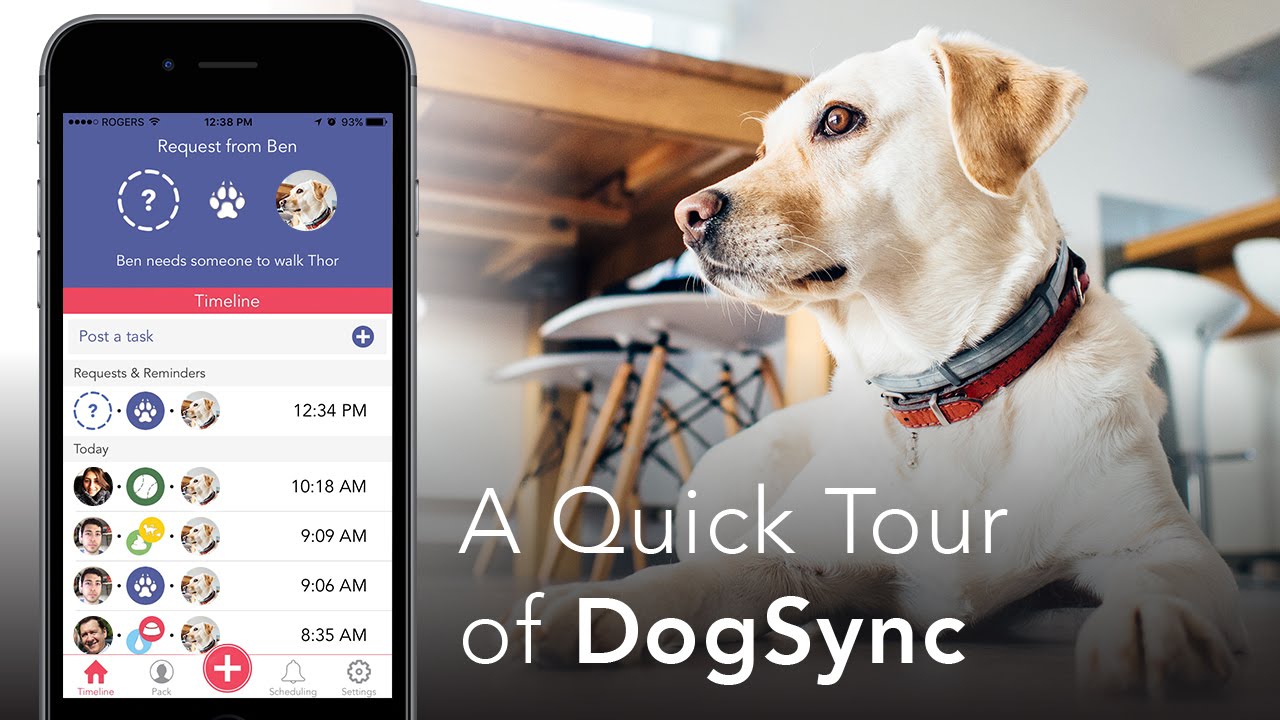

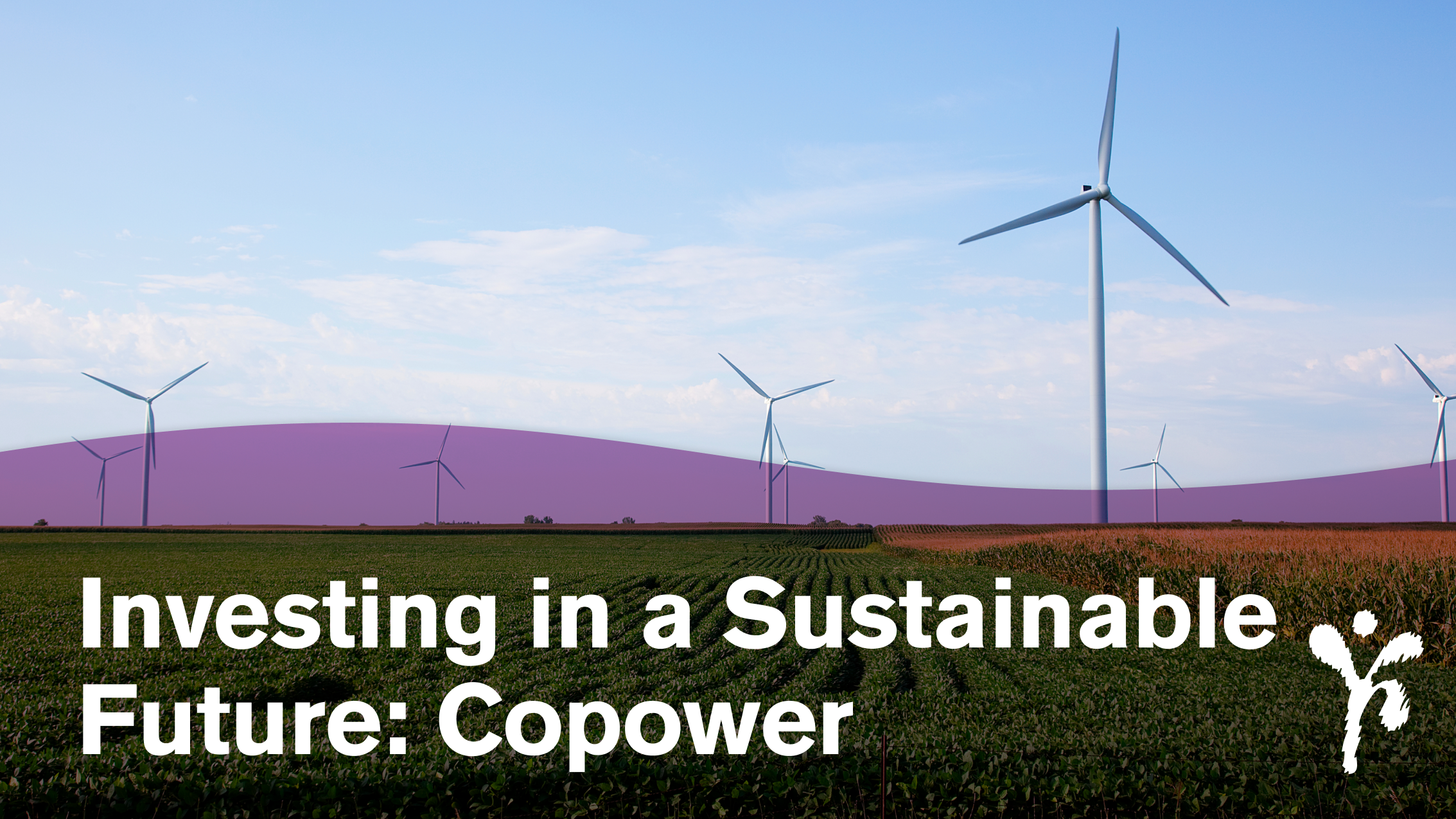
 Either you have been racking your brain for weeks trying to come up with a business idea or a struck of genius just came to you. Regardless of how it came to you, you believe that this is the business idea that is going to make you an entrepreneur! Great, now what? You are probably very excited to get the ball rolling and you have so many different thoughts going through your mind. It becomes little overwhelming as you don’t know where to start or how to start. How do you start taking action in order to create your dream into a reality? Here’s how! Read carefully as we will give you some guidelines that will help push you in the right direction.
Either you have been racking your brain for weeks trying to come up with a business idea or a struck of genius just came to you. Regardless of how it came to you, you believe that this is the business idea that is going to make you an entrepreneur! Great, now what? You are probably very excited to get the ball rolling and you have so many different thoughts going through your mind. It becomes little overwhelming as you don’t know where to start or how to start. How do you start taking action in order to create your dream into a reality? Here’s how! Read carefully as we will give you some guidelines that will help push you in the right direction. In a room full of equally smart people the one who stands out is the one who appears as most interested. Emotional intelligence is probably one of the most underrated entrepreneurial skills. It was brought to mainstream attention by Daniel Goleman, in his book, Emotional Intelligence. It is the ability to identify, use, understand, and manage emotions in positive ways to relieve stress, communicate effectively, empathize with others, overcome challenges and diffuse conflict. Technical skills and expertise is the foundation of the product development stages. Conversely, a high degree of emotional intelligence is what will keep an entrepreneur’s company afloat. Networking, presenting, pitching, and working with others, all require a high level of
In a room full of equally smart people the one who stands out is the one who appears as most interested. Emotional intelligence is probably one of the most underrated entrepreneurial skills. It was brought to mainstream attention by Daniel Goleman, in his book, Emotional Intelligence. It is the ability to identify, use, understand, and manage emotions in positive ways to relieve stress, communicate effectively, empathize with others, overcome challenges and diffuse conflict. Technical skills and expertise is the foundation of the product development stages. Conversely, a high degree of emotional intelligence is what will keep an entrepreneur’s company afloat. Networking, presenting, pitching, and working with others, all require a high level of 